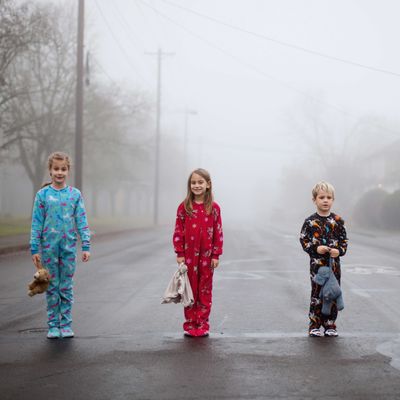
Nature or nurture — which matters more in determining how long a person lives? That’s the towering question a team of Swedish economists pondered in a recent working paper.
Their path to figuring out the age-old riddle was rather simple: They collected data from 21,000 Swedish adoptees born between 1940 and 1967 and analyzed them. Adopted children turn out to be the perfect subjects for this study, as they allow scientists to examine the effects of a home environment on children whose genes are different from their parents’, neatly separating the nature and nurture issues. For this study, all 21,000 cases had information on the health of the birth parents as well as the health of the adoptive parents.
Their first result was what you might expect: The health of the adopted children in the data set was influenced heavily by their biological parents. As you are no doubt aware, a predilection for allergies, certain afflictions, plus the basics of hair type and skin complexion are products of our biological parents. And the researchers found some clues for their longevity question here, too: The longer the biological mother’s life expectancy, the lower the child’s overall risk of mortality.
But when it came to adoptive parents’ influence on the lifespan of the adoptee, things got interesting. Let’s consider a family with one adopted kid and another non-adopted kid. For the non-adopted kid, every additional year of education for the mom and dad means the child’s risk of dying falls by 2.5 percent. But zero in on the adopted child of this same family, and you see the nurture effect start to emerge in an interesting way: Additional education of the adoptee’s biological parents doesn’t affect their longevity either way, but for every additional year of education their adoptive mother has, the adopted child’s mortality risk falls by about 3 percent.
Small numbers, true. But it adds up, the study authors argue, and this may be especially true for children who are adopted by highly educated parents. Overall, the finding is a win for the nurture side of the argument; it also acts as further evidence supporting the late economist Gary Becker’s argument that maternal education is the single most important human capital investment for ensuring that kids make it to a healthy, thriving adulthood.
The point is this: The better educated a mom is, the more resources go into the formative years of their kids, regardless of adoption status. But adopted kids tend to feel the effects more, and that in itself is a big indicator that nature can only go so far in predicting the lifetime of a person.




